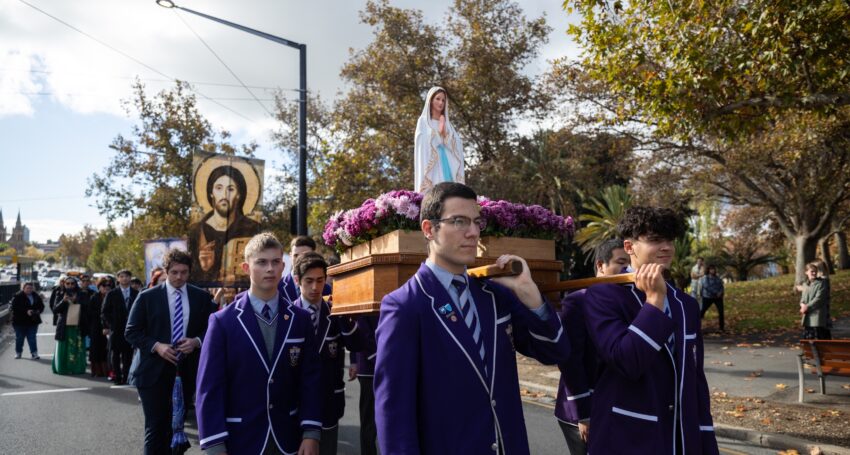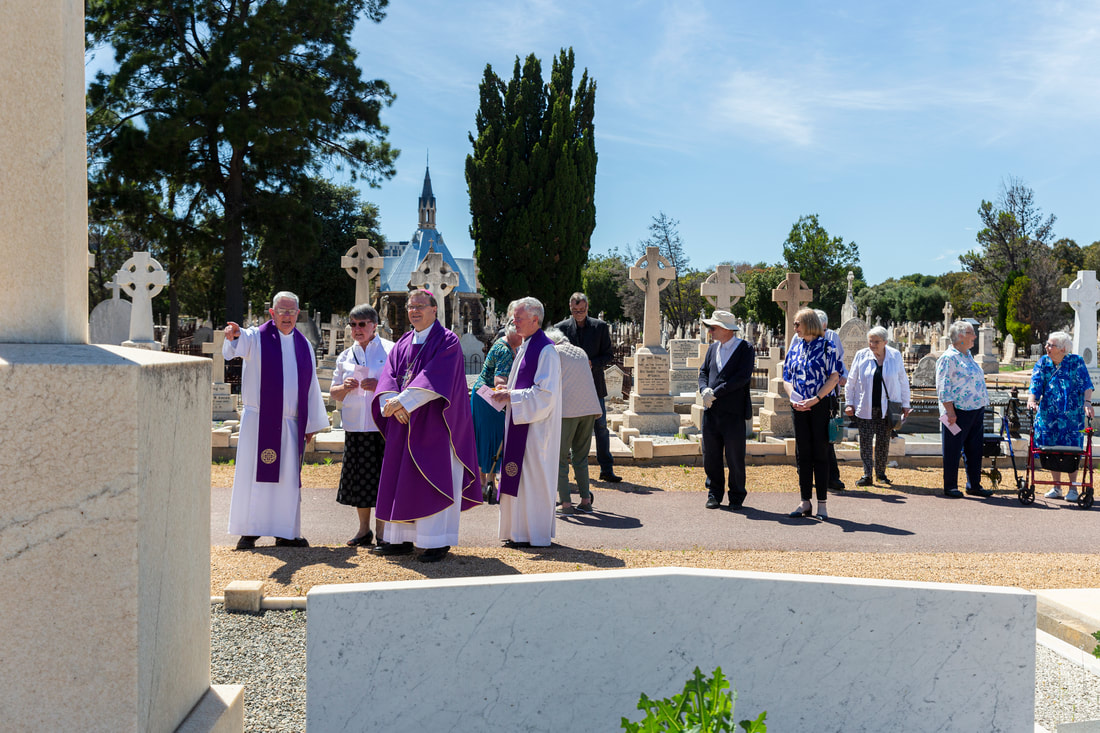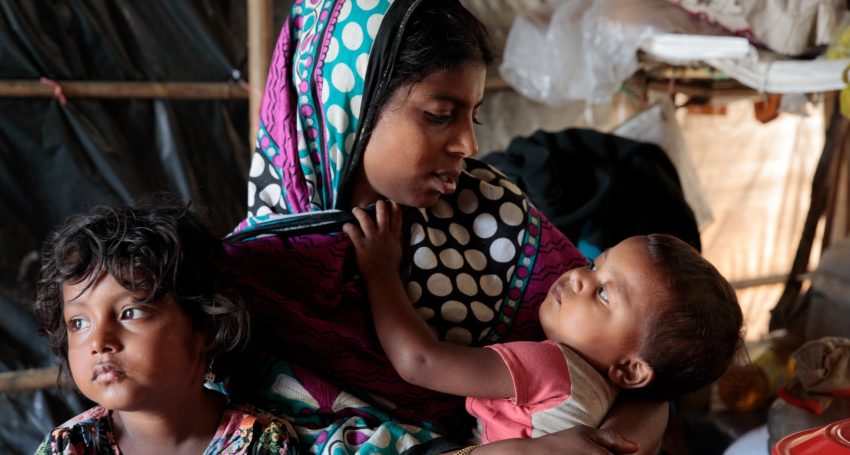|
By Kathy Horan In our Christian story, down through the ages the idea of vocation is centred around the notions of being called to be, to listen and discern, and to respond by acting out of a particular view of life or context that is grounded in the life of Christ. Often in the past, the term ‘vocation’ was understood by many to refer to a particular calling to priesthood and religious life; these callings are still an important part of the Christian response to God, and they continue to be important expressions of vocation, or call and response to God, for today.
Following the Second Vatican Council, the Church reminded us that we are all called to the fullness of life and holiness in whatever role we undertake in life. Since the time of Jesus we have heard of many who were called by Jesus to ‘come and see’ what Jesus was on about. He called particular individuals to discipleship, including them in his ministry of hope, healing and liberation: a challenge to all of them to be willing to stand alongside the poor, the marginalised, the outcast.
0 Comments
By Kathy Horan As we move through the month of November we are conscious that this year is coming to closure, and we are also in the process of looking ahead to plan and prepare for the coming year.
November is a special month for remembering, reflecting on the events of the year and their significance. It is also a time for calling to mind and celebrating the people and events that are important and provide deep meaning for us. As we approach the end of the year, we celebrate the feast of All Saints and All Souls, reminders that we continue to be linked in our faith in the communion of saints. By Kathy Horan We recently celebrated the feast of Pentecost, 50 days after the Easter celebration of the Resurrection.
During those 50 days, our liturgies and experiences of the richness of the word of God have been more than food for thought. We have been challenged by the word of God, reminded of all that Jesus said and did while he was with his disciples. We have been comforted by Jesus’ words and we have pondered on what all of this might mean for us, followers of Jesus for today’s world. In one sense, it is easy to be caught up in the euphoria of being known as disciples of Jesus, knowing that in his resurrection to new life Jesus overcame suffering and death, and promised that his followers would also share in the experience of life to the full, in so far as they remained close to him and focused on his message. Author: Dr Jenny O'Brien Hot cross buns and chocolate eggs are enjoyed by many over the Easter period, but not everyone understands their true significance. Behind those simple ‘treats’ stand the most profound events of human history. The cross on the yeast buns represents the crucifixion when Jesus, the Son of God died out of love for us. The egg represents the resurrection, when Jesus was raised to new life and lives for ever as the resurrected Christ. On Easter morning we hear the proclamation, “Christ is risen!” and our response is, “He is risen indeed, Alleluia!”
Author: Dr Jenny O'Brien It is striking how often Pope Francis refers to the family in his writings and homilies. In the week after Christmas we celebrated the feast of the Holy Family, and now at the beginning of February, the Presentation of Jesus in the temple. Both feasts call us to reflect on the vital link between a strong Christian family and a fruitful celebration of parish liturgy.
Mary and Joseph did not stand out as an exceptional family. Jesus spent 30 years in the family home in Nazareth where, Luke’s Gospel tells us, he ‘grew and became strong, filled with wisdom.’ Just as Mary and Joseph handed on faith and wisdom to Jesus, so parents today provide for their children ideals to live by and values to sustain daily living. Pope Francis once said, “Mothers are the strongest antidote to individualism because they “divide” themselves from the moment they give birth to a child.’ And Jesus himself gave God the Father the intimate name of “Abba” (Dad), shared by fathers today when they spend time in conversation, play and prayer with their children. Author: Jenny O'Brien Every year on Good Friday large numbers of Catholics gather in groups to remember the Passion of Christ by praying the Stations of the Cross. In Adelaide many people attend the Monastery at Glen Osmond or Sacred Heart College, Somerton Park, where the Stations are held outdoors.
The concept of following the steps of our Lord to Calvary arose very early in the Church’s history. There is even a tradition claiming that Mary herself visited the various sites in Jerusalem connected with her Son’s passion. There is written evidence that in the fourth century the most important sites were regularly visited by pilgrims, and as early as the fifth century St Petronius, the Bishop of Bologna in Italy, erected a complex of connected chapels in the Monastery of San Stefano representing these various sites in order to bring closer to home the shrines of Jerusalem. Author: Jenny O'Brien When we hear the word “apostle” most of us think of the twelve male apostles, perhaps with Peter coming to mind before the others. However, not long ago Pope Francis reminded us that there is indeed a female apostle whose importance to the Church has often “slipped under the radar.” He was referring, of course, to Mary Magdalene, who has often wrongly been portrayed in the annals of Church history and religious art as a prostitute or “fallen woman” despite the fact that no such evidence appears in the Gospels.
|
|
Catholic Archdiocese of Adelaide
|



